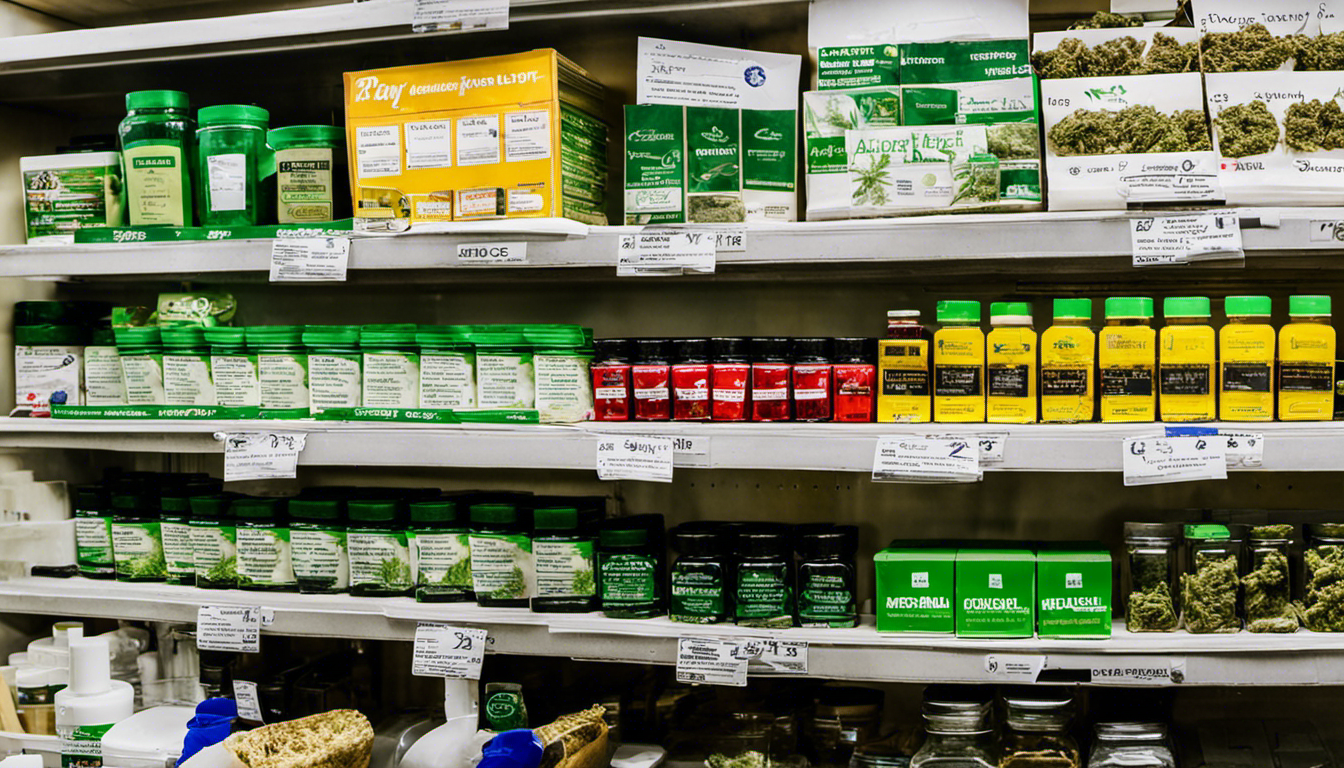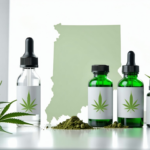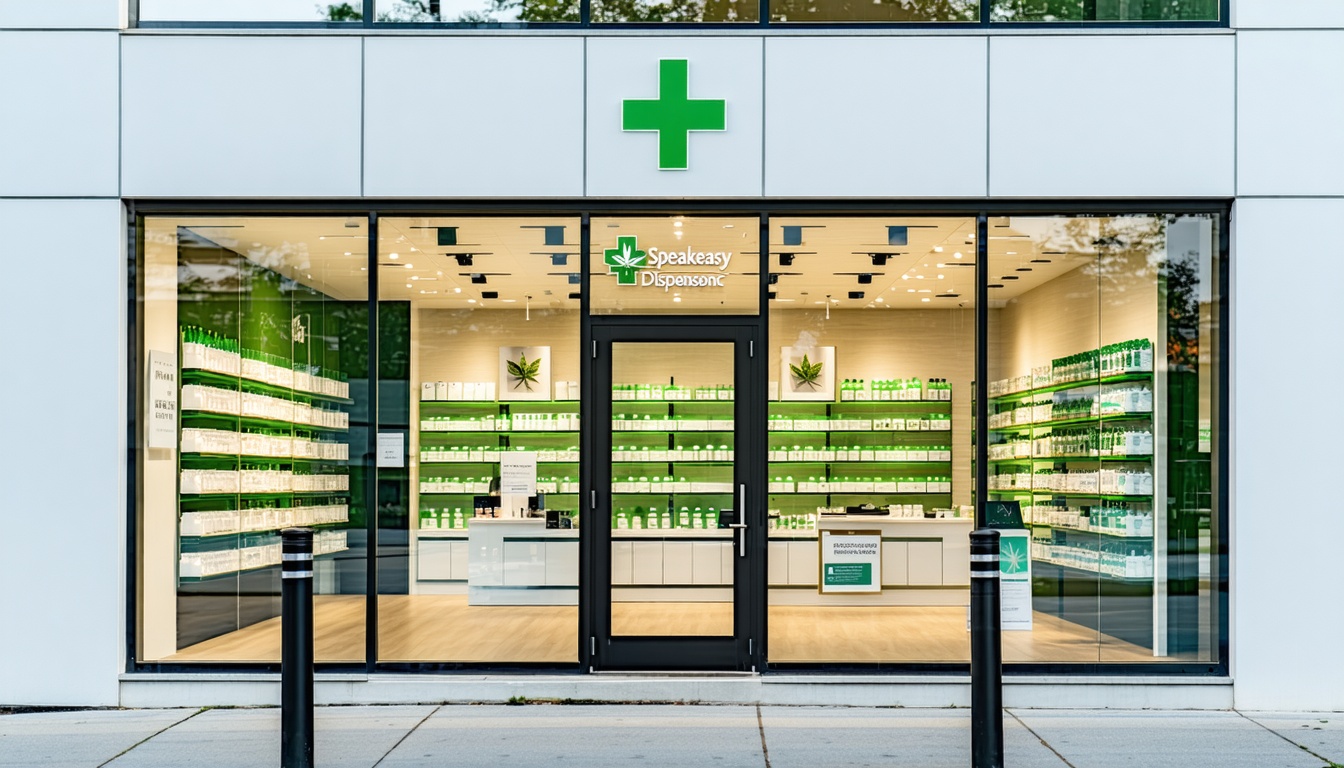A pharmacy in Augusta, Georgia, has defied a warning from the federal Drug Enforcement Administration (DEA) by selling medical marijuana, despite the drug being illegal under federal law. Vic Johnson, the pharmacist and owner of the Living Well Pharmacy, believes that the evolving legal and political landscape of marijuana laws are on his side. He points to the Justice Department’s proposal to reclassify marijuana from a Schedule I drug to a less dangerous Schedule III drug.
Georgia has legalized the distribution of low-THC oil, and the state’s pharmacy board has approved rules for its sale. Johnson’s pharmacy is only selling to customers who are on the state’s medical cannabis registry, and he claims to have adhered to all state requirements. However, the DEA has warned pharmacies that dispensing medical marijuana violates federal law, and has told them that they cannot lawfully possess, handle, or dispense marijuana and related products containing more than 0.3% THC.
Johnson is prepared to take drastic measures to keep selling medical marijuana products if the DEA takes steps to force him to stop. He believes that pharmacies are an ideal outlet for dispensing medical cannabis because they can already have conversations with patients about their medications and health conditions.
Some experts are concerned that the sale of medical cannabis in pharmacies could cause confusion about the drug’s status as medicine. They also worry that patients may assume that the drug has been FDA-approved and that their pharmacist has extensive training on its use. However, Johnson and his staff have educated themselves on medical cannabis and have a partnership with a medical practice that allows patients to connect with physicians for consultation and assistance.
The availability of medical marijuana in Georgia has allowed some patients to scale back or completely end their use of opioids for chronic pain, according to Frank Eady, of the Pancreatic Cancer Support Group at Winship Cancer Institute at Emory. The number of Georgians obtaining a state-issued card to buy medical marijuana is rapidly climbing, with over 22,000 active patients in the registry.
The DEA has not commented on the situation, and it is unclear what will happen next. Johnson and his pharmacy are taking a wait-and-see approach, and some experts believe that the DEA’s warning may not be enforceable. However, the sale of medical marijuana in pharmacies is still a new and untested area of law, and it is unclear if Johnson could face legal or criminal repercussions.












